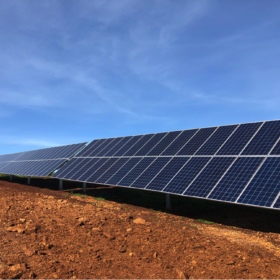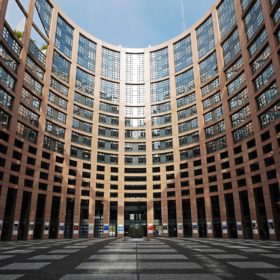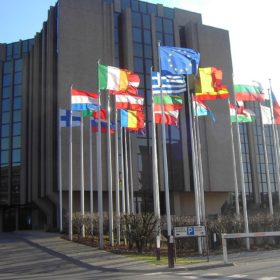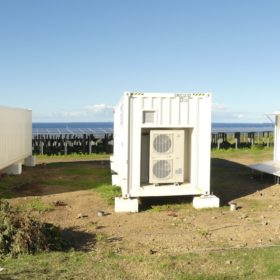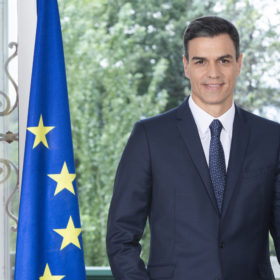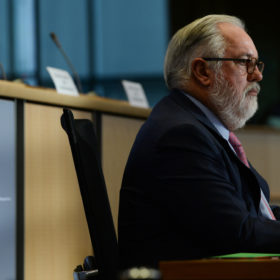PV license fever in Greece continues
Applications to generate electricity from solar plants continue to surge, reflecting the sector’s revival in the country.
Why the EU needs binding targets for renewables and decarbonised gas for a climate-neutral Europe
Interview: The Energy Charts, developed by the Fraunhofer Institute for Solar Energy Systems (ISE) shows that the switch from coal to gas in Germany reduced CO2 emissions by one third in June. In a European wide transition, Eurogas General Secretary James Watson considers reductions of up to 45% possible by 2030. The gas sector is also willing to make the transition to renewables and decarbonised gases by the middle of the century. In the case of power-to-gas technologies, medium-term cost reductions which are comparable to the experience curve of photovoltaics is possible, Watson explained.
African Development Bank sets up $500m facility for sub-Saharan small scale renewables
The new credit lines are for the development of on and off-grid renewable energy projects. The European Commission is offering the fund a €40 million helping hand.
Europe’s 2050 carbon neutrality plans back on the agenda
Reports about a leaked document suggest that Germany, Italy, Greece and Slovakia have joined a group of EU member states that support a carbon neutrality bill. Germany refused to support such plans in March, but with political support for the German Green Party skyrocketing, Chancellor Angela Merkel is likely to revise her government’s position. With Germany now on the ticket, a plan could be finalized at some point this year.
EU Court of Auditors says more renewables auctions are needed
The audit agency said at least half the EU member states will be unable to reach their 2020 renewable energy targets, including the Netherlands, France, Ireland, Poland and the U.K. It recommends citizen participation and more renewable energy auctions to increase investment and raise volume in the EU clean energy sector. Cross border renewables trade and grid improvements are also highlighted as necessary for a successful energy transition.
European Parliament elections – the green wave broke far from the shore
Traditional, centrist groupings the social democrats and conservatives lost ground in the weekend’s elections but while green parties gained seats, talk of a green wave washing over the continent appears to have been exaggerated.
Protectionist measures working as Chinese export destinations shift
While the world’s biggest solar manufacturers are confident there are plenty of alternative markets for a rising volume of panel exports, the message spelled out by first-quarter shipment figures is that protectionism works.
EU must move faster on storage and EV, European Court of Auditors says
In the paper “EU support for energy storage”, the audit agency said that measures taken so far for storage and electromobility development across the EU will not be sufficient for the achievement of the Union climate targets. The authors of the report also stressed that EU is far behind its competitors for battery cell manufacturing, and that more innovation is needed. They also claim development of grid energy storage is being slowed down by double grid fees in some EU countries, including Austria, Germany, Netherlands and Finland.
Spain raises 2030 renewables target
Catalan independence protests notwithstanding, the Spanish government’s Council of Ministers is today set to approve “three essential pillars” of its climate change policy: the preliminary draft of the Climate Change Law, the Integrated National Energy and Climate Plan 2021-2030 and the Fair Transition Strategy, to “allow Spain to have a stable, predictable and accurate framework for the decarbonization of its economy by 2050”. The measures, said president Pedro Sánchez, could generate 300,000 jobs.
IRENA presents its crash course in adopting renewables
The International Renewable Energy Agency has examined how common ground between sectors; digitalization; and technological innovation can transform the energy system and lower the cost of renewables. Storage technologies such as behind-the-meter applications, utility-scale storage and power-to-x are working in the right direction and much can be learned about digitalization from other sectors.


